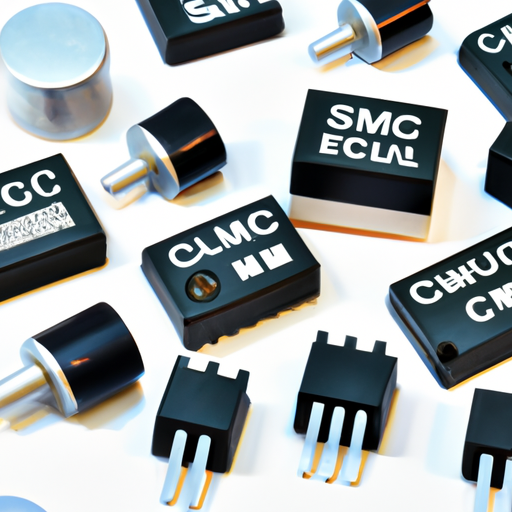Application Development in Electrical Engineering: Specialty Fuses for CFR-50JB-52-10K
The development of specialty fuses, such as the CFR-50JB-52-10K, is a critical aspect of electrical engineering, particularly in ensuring the safety and reliability of electrical systems across various industries. Specialty fuses serve as essential protective devices that prevent damage from overloads and short circuits. Below, we explore key technologies and notable success stories that illustrate the advancements and applications of specialty fuses.
Key Technologies
| 1. Material Science | |
| 2. Thermal Management | |
| 3. Microcontroller Integration | |
| 4. Simulation and Modeling | |
| 5. Manufacturing Technologies | |
| 1. Automotive Industry | |
| 2. Telecommunications | |
| 3. Consumer Electronics | |
| 4. Renewable Energy | |
| 5. Aerospace |
Success Stories
Conclusion
The development and application of specialty fuses like the CFR-50JB-52-10K are driven by advancements in materials, innovative technologies, and rigorous testing methodologies. Success stories across diverse industries underscore the critical role these components play in ensuring the safety, reliability, and efficiency of electrical systems. As technology continues to evolve, the demand for specialty fuses is expected to grow, leading to new applications and enhancements in electrical protection solutions. The ongoing integration of smart technologies and improved manufacturing processes will further solidify the importance of specialty fuses in modern electrical engineering.






